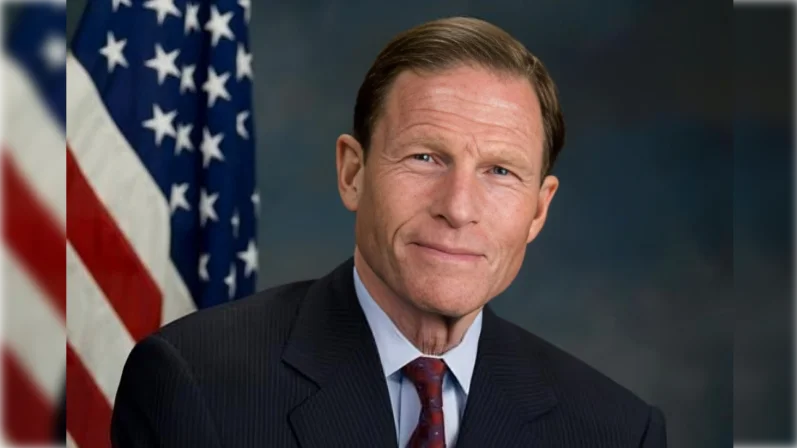At a Senate Veterans’ Affairs Committee hearing, Ranking Member Richard Blumenthal raised concerns about the impact of expiring Affordable Care Act (ACA) premium tax credits and federal program cuts on veterans’ health care. Blumenthal argued that Republican leaders’ refusal to extend these tax credits is causing a health care crisis that will disproportionately affect veterans.
“Our veterans are suffering, just as Americans are, from looking at the exchanges and the premium on open enrollment, as we speak right now, at their kitchen tables, trying to figure out how they are going to afford health insurance. And they can’t do it because premiums are doubling and tripling. Where are these veterans going to go?,” said Blumenthal. “If eligible, they’ll go to VA. And we’ll see a dramatically increased reliance on VA health care, stretching the capacities of our docs, our nurses, our VA facilities generally, which are already suffering from cuts and furloughs unnecessarily imposed by this Administration…cuts that have already eroded the Department’s ability to support the needs of veterans. And according to the Department’s actuarial firm: For every one percent of increased reliance on VA health care, VA can expect its costs to increase by $2.6 billion.1 percent. $2.6 billion. They don’t have the money.”
According to Blumenthal, 18.7 million ACA marketplace enrollees in Republican-led states face significant increases in monthly premiums during open enrollment due to the lack of action on extending premium tax credits. He added that upcoming reductions in Medicare and Medicaid will further increase costs for Americans and particularly affect millions of veterans.
Blumenthal highlighted data showing up to 1.75 million veterans and active-duty servicemembers depend on Medicaid—nearly one in ten under age 65—with forty percent relying solely on Medicaid for coverage. Of an estimated 10.3 million people projected to lose Medicaid coverage because of recent legislation referred to as the “Big Beautiful Bill,” 267,000 are veterans.
He also criticized President Trump’s administration for withholding funding for SNAP benefits despite court orders mandating full funding: “And the Administration, rather than curbing costs for the average American worker, including veterans, is prioritizing historic cuts, and I mean unprecedented cuts, in SNAP, Medicaid, and health care coverage. Americans often don’t appreciate that veterans use these programs and depend on them. More than 1.2 million veteran households use SNAP yet this Administration refuses to fully fund the program despite orders from courts that they do so. There’s no equivalent service like SNAP through VA or any other federal program to serve as a safety net, meaning these cuts have devastating impacts on veterans and their families.”
Witnesses at the hearing discussed how reduced access to SNAP would hurt transitioning servicemembers and their families.
“It is very difficult to transition without a military pension, without health care for life, and that is what the average veteran is doing when they head back to school. So it’s no surprise to see benefits like SNAP and other things being relied on while you’re back in school while you’re trying to make ends meet. When those benefits go away, veterans are impacted and more than that—their family members that rely on those benefits are impacted as well,” said Jared Lyon, National President and CEO of Student Veterans of America.
“It is a very serious concern…Here recently we have seen a surge in food insecurity and housing assistance requests. For food insecurity within the past 30 days about a 46% month over month increase in food security assistance. And then around 35-36% increase in housing support—financial assistance rent mortgage utility assistance,” said Mike Hutchings CEO of Combined Arms.
In his opening statement at the hearing—which included thanks directed toward Yale University’s Liaison for Military Families and Veterans—Blumenthal reiterated his stance against proposed reductions: “All Americans are struggling with the increased cost of rent food electricity and yes health care...which is why we as Democrats are standing firm that there has to be an extension of health care insurance tax credits or subsidies past the end of the year.”
Blumenthal warned that without intervention many veterans could lose access not only through private insurance but also through public programs like Medicaid or community clinics supported by federal funds.
“Our veterans losing access to health care seems unacceptable to me but it’s going to happen,” he said.







